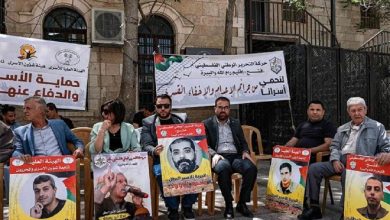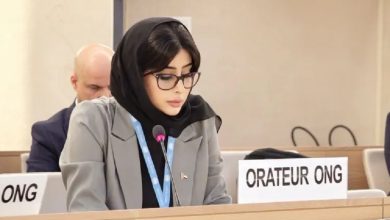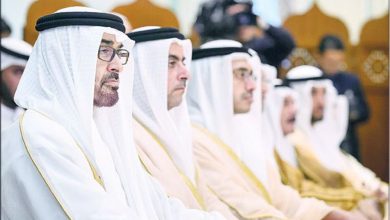UAE Conditions Gaza Reconstruction Support on Complete Disarmament of Hamas and Resistance
How Abu Dhabi’s Stance on Hamas Disarmament Shapes the Future of Gaza’s Post-War Recovery.

Watan-Israeli media praised the UAE’s position on the Arab plan currently under discussion for the reconstruction of Gaza, highlighting Abu Dhabi’s insistence on the complete disarmament of Hamas and Palestinian resistance before any funding for rebuilding efforts.
The Hebrew newspaper Israel Hayom reported that both the UAE and Saudi Arabia have made their financial support for Gaza’s reconstruction conditional on Hamas’ disarmament, while Egypt has proposed a compromise solution and Qatar supports the Islamic movement’s participation in governance.
The newspaper stated that despite general agreement on Egypt’s reconstruction plan, Saudi Arabia and the UAE refuse to participate financially or operationally unless Hamas is excluded from governance and disarmed.
Regional Disputes Over Gaza’s Reconstruction Plan
According to the report, these disagreements were revealed by Arab and American sources following high-level meetings in Riyadh last weekend.
It further explained that disputes over the Gaza reconstruction plan dominated discussions in Riyadh between Saudi Arabia, the UAE, Egypt, and Qatar.
Egypt’s proposal includes forming a governmental body to oversee reconstruction efforts at an estimated cost of $20-30 billion, excluding both Hamas and the Palestinian Authority—aligning with Israel’s demands.
However, Saudi Arabia and the UAE rejected providing financial support unless Hamas was fully disarmed.
The newspaper added that both Saudi Arabia and the UAE refused any compromise regarding Hamas’ role in Gaza, arguing that Hamas is responsible for the war and its devastating consequences on Gaza’s residents.
Abu Dhabi reportedly urged Riyadh to ensure Hamas’ complete disarmament, arguing that allowing the group to retain weapons would lead to Gaza’s destruction again, even after reconstruction.
Previously, Arab diplomatic sources revealed details of an Emirati scheme at the Arab League aimed at advancing former U.S. President Donald Trump’s plan, coordinated with Israel, to displace Palestinians from Gaza.
These sources discussed communications related to arranging the emergency Arab summit in Cairo on February 27, highlighting that despite broad agreement on rejecting any forced displacement of Gaza’s residents, the UAE created a controversy by insisting on modifying the final statement’s wording.
An Arab diplomat stated that Egyptian and Jordanian-led discussions resulted in a broad consensus on key principles for the upcoming summit’s final statement, foremost among them the absolute rejection of Palestinian displacement from Gaza or the West Bank.
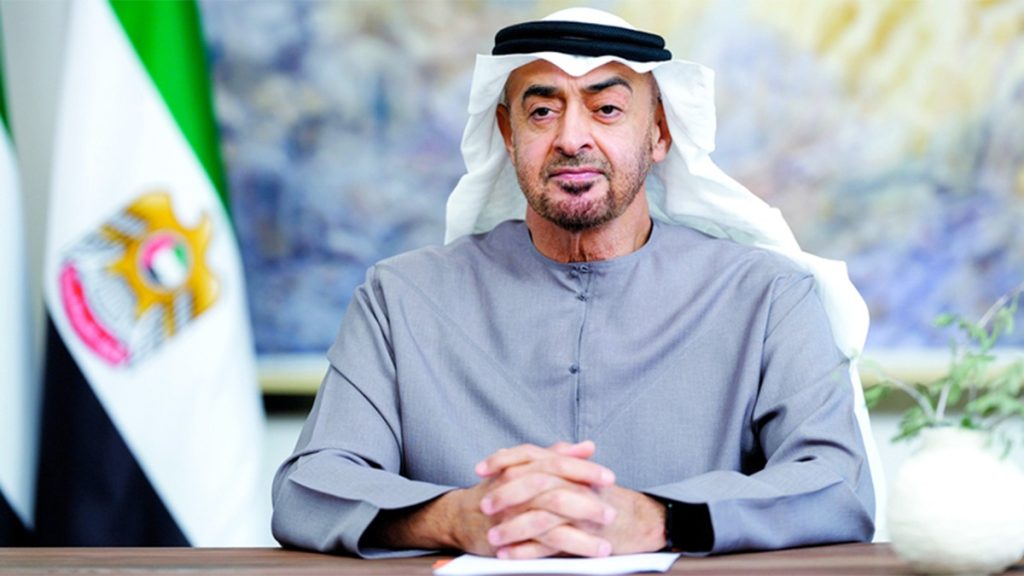
UAE’s Stance on Displacement Sparks Controversy
However, the UAE insisted on modifying the wording to specify a rejection of only “forced” displacement, effectively limiting its stance to opposing compulsory expulsion.
The Egyptian Foreign Ministry recently announced that Cairo will host an emergency Arab summit on February 27 to discuss the dangerous developments surrounding the Palestinian issue.
Two days ago, diplomatic sources revealed that the UAE supports Trump’s ethnic cleansing and displacement plan for Gaza, hoping this would lead to the complete eradication of Palestinian resistance factions.
The sources told Emirates Leaks that the UAE sent verbal messages to senior Trump administration officials expressing Abu Dhabi’s support for the plan and willingness to facilitate its implementation, including providing necessary financial backing.
The sources further revealed that the UAE offered to host a limited number of displaced Gazans, particularly members of the “reformist” faction led by Mohammed Dahlan, who serves as a special advisor to the UAE president, along with their families, as part of implementing Trump’s plan.
According to the sources, the UAE believes that displacing Gaza’s residents is the only way to completely eliminate Palestinian resistance and permanently resolve the recurring tensions in the territory.
The UAE reportedly views Trump’s proposed U.S. “control” over Gaza and the forced displacement of its Palestinian population as a long-term solution, despite the likelihood of immediate tensions and a severe escalation in forced expulsions and ethnic cleansing.
The UAE also disregards international humanitarian law, which prohibits the permanent forced displacement of occupied populations, considering it a war crime when executed with criminal intent. If conducted as part of a systematic attack on civilians, it constitutes a crime against humanity.
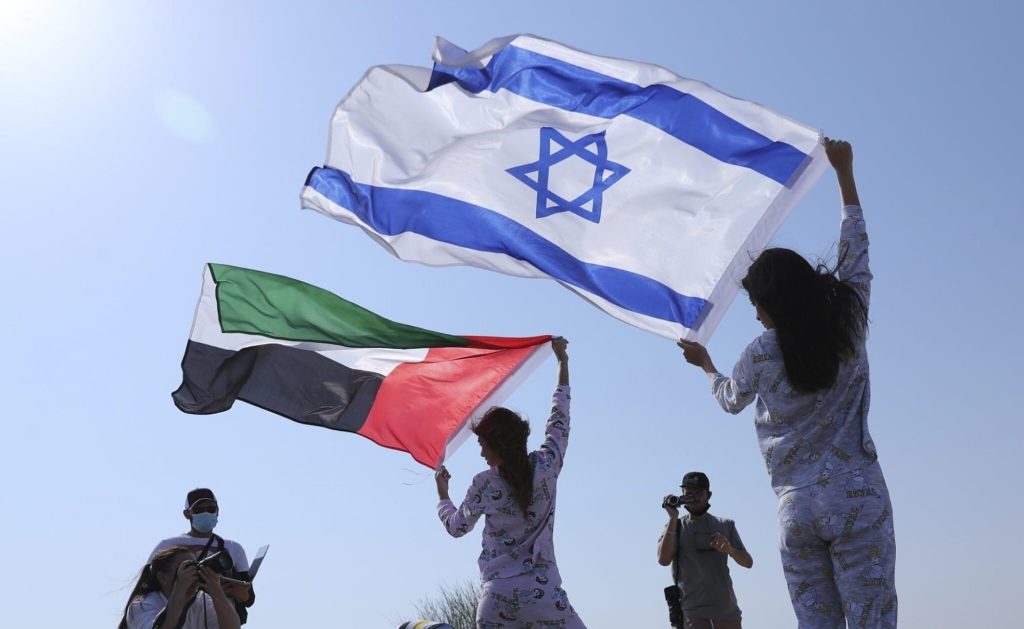
UAE Israel relations
UAE-Israel Coordination on Gaza’s Post-War Administration
Within UAE leadership circles, the widespread destruction in Gaza is seen as an Israeli strategy rendering large parts of the territory uninhabitable. The UAE considers it futile to invest Gulf funds in reconstruction while Hamas and resistance factions remain, as this would likely lead to renewed conflict with Israel.
Trump previously proposed large-scale Palestinian displacement and U.S. “control” over Gaza as a potential policy, while standing alongside Israeli Prime Minister Benjamin Netanyahu, whose government bears responsibility for these policies and remains a key UAE ally.
Since October 2023, Israeli authorities have deliberately engaged in the mass forced displacement of Palestinian civilians in Gaza, with some being displaced multiple times. Senior Israeli officials have openly expressed intentions to expel Gaza’s Palestinian population.
Israeli authorities have also systematically created living conditions designed to destroy part of the Palestinian population in Gaza—denying them access to food, water, and essential supplies for survival. This constitutes a crime against humanity through extermination, and acts of genocide.
Trump’s statements on Gaza have been widely rejected—not only by neighboring states like Egypt and Jordan but also by other governments, including Germany, Australia, Ireland, the UK, Brazil, China, and Russia, as well as the UN Human Rights Commission.
Israeli media previously exposed details of a UAE-coordinated scheme with Israel to suppress Palestinian resistance in Gaza after the war by imposing administrative arrangements on the territory if the ceasefire holds and the Israeli war ends.
Reports published by Israel Hayom indicate that Abu Dhabi has tentatively agreed to assume responsibility for governing Gaza post-war, with the goal of reconstructing the territory in a manner that neutralizes any potential threats to Israel.
Additionally, diplomatic sources have disclosed the core of the UAE’s plan, devised in partnership with Israel, to implement what is being called the “Day After” strategy following the Israeli war on Gaza—focused on eradicating resistance factions.
Sources revealed that Abu Dhabi’s strategy involves deploying military contractors (mercenaries) in Gaza while granting Israel ultimate authority over the territory’s administration and oversight, with the long-term aim of sidelining Hamas and other resistance factions.

